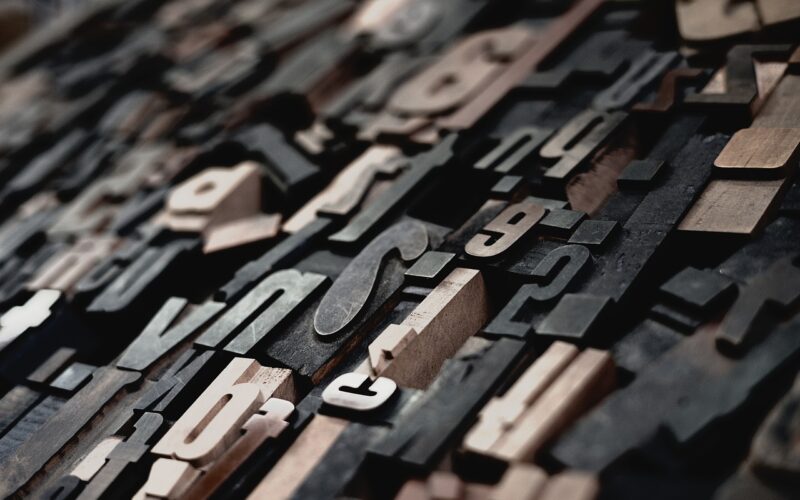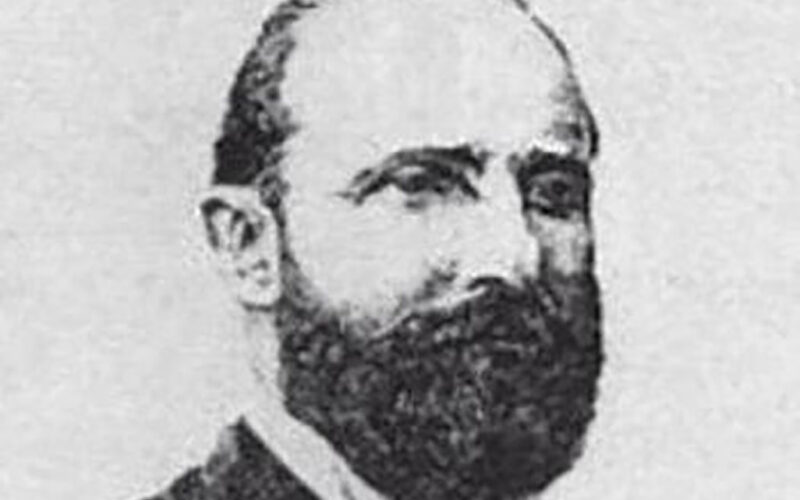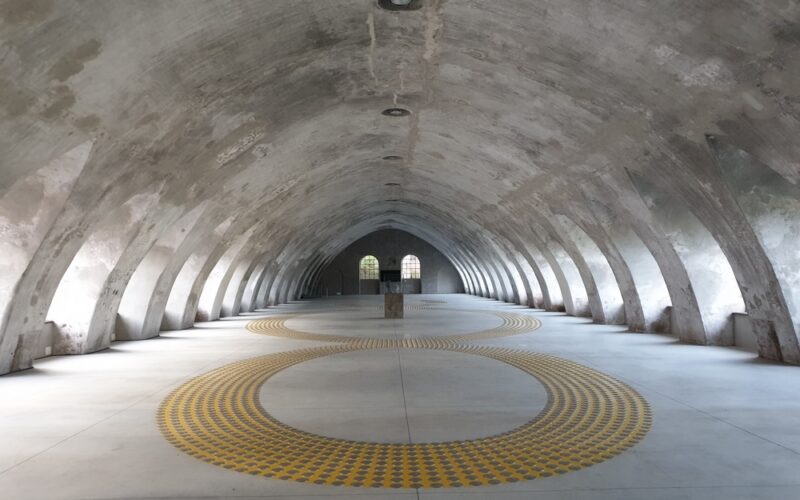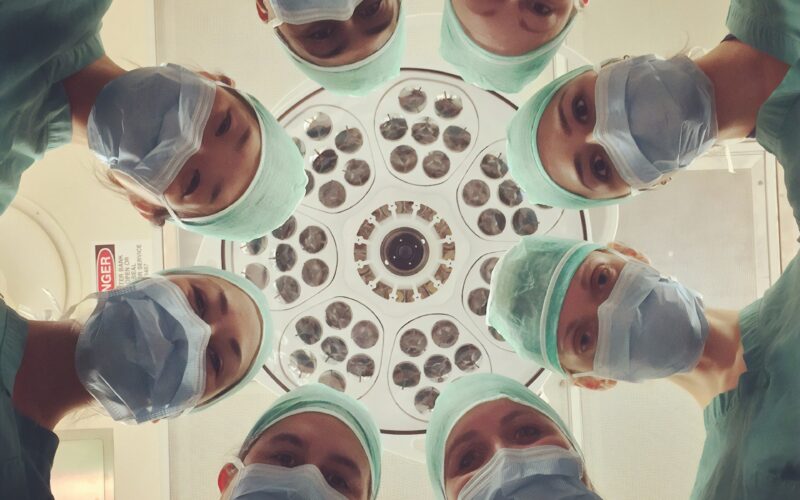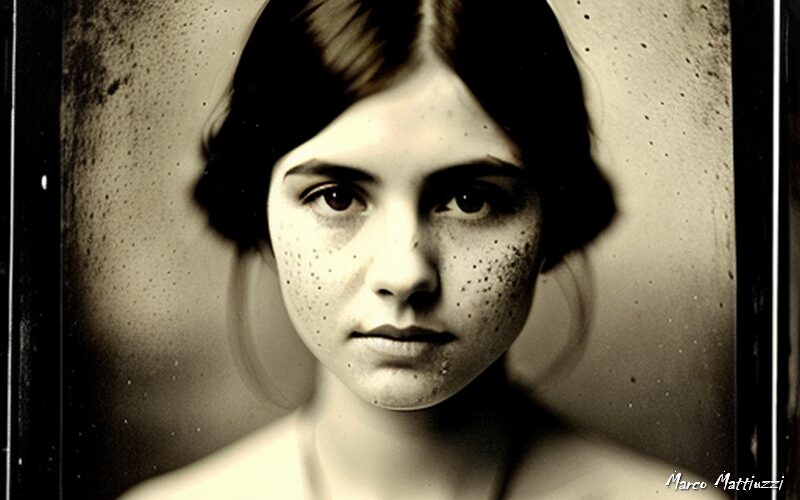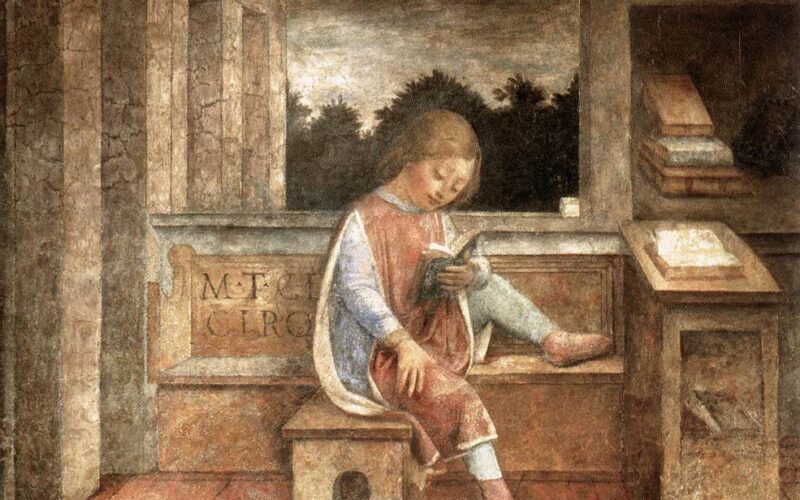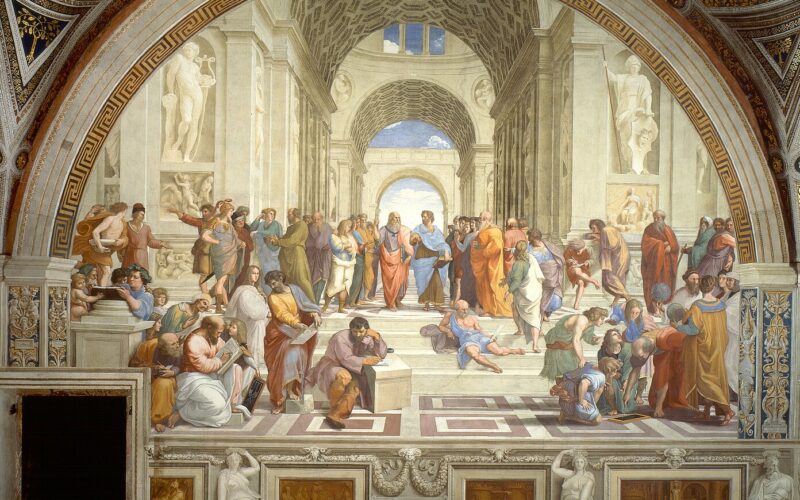
Reviving Renaissance Patronage: Fostering Art and Power Synergy
Art, Intellect, and Patronage in the Heart of the Renaissance In the vibrant heart of the Renaissance, art was not merely an ornament of daily life but a universal language speaking of power, ethics, and social order. In an era where visual culture was more eloquent than any manifesto, artists were the storytellers of a world in tumultuous transformation.The Renaissance, a period of cultural and intellectual rebirth, saw art flourish under the patronage of lords and princes. Far from being mere patrons, they were often scholars with deep knowledge in theology, philosophy, and literature. This multifaceted nature was reflected in…


